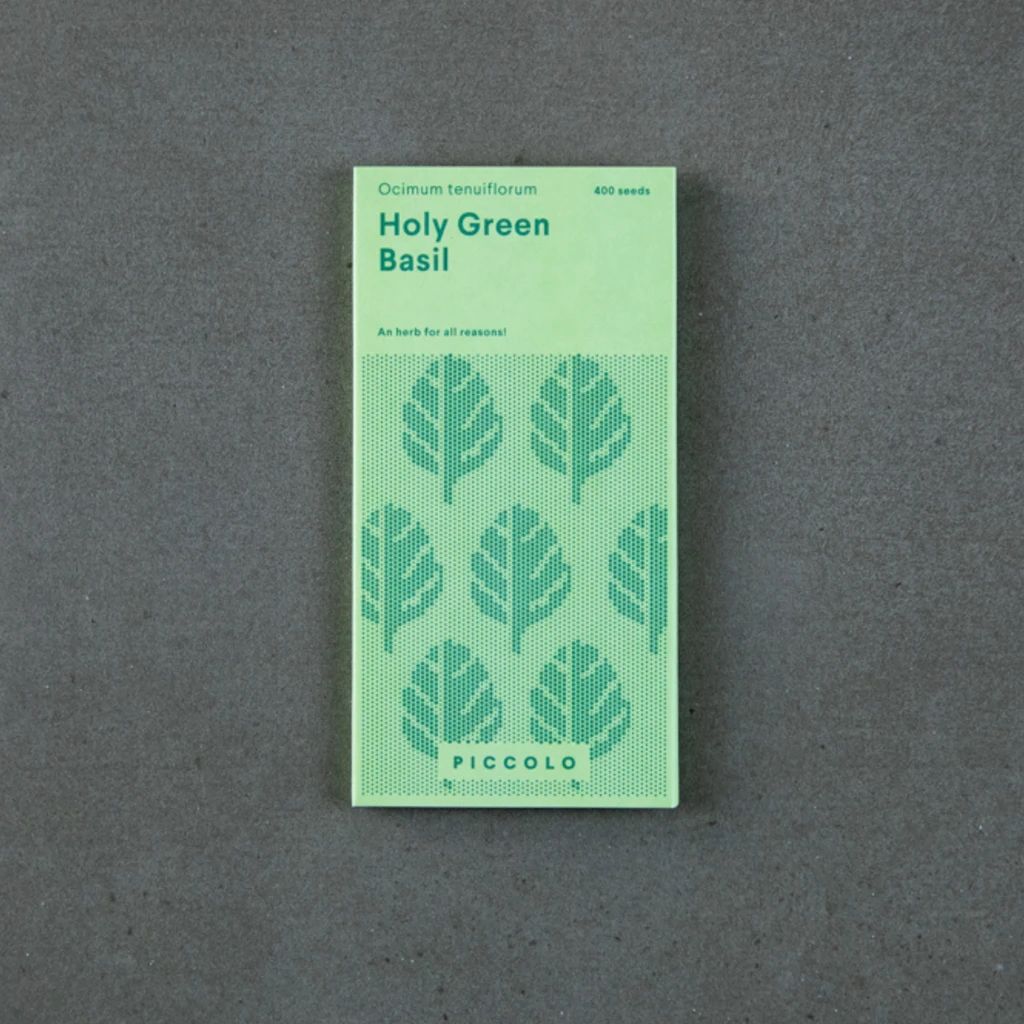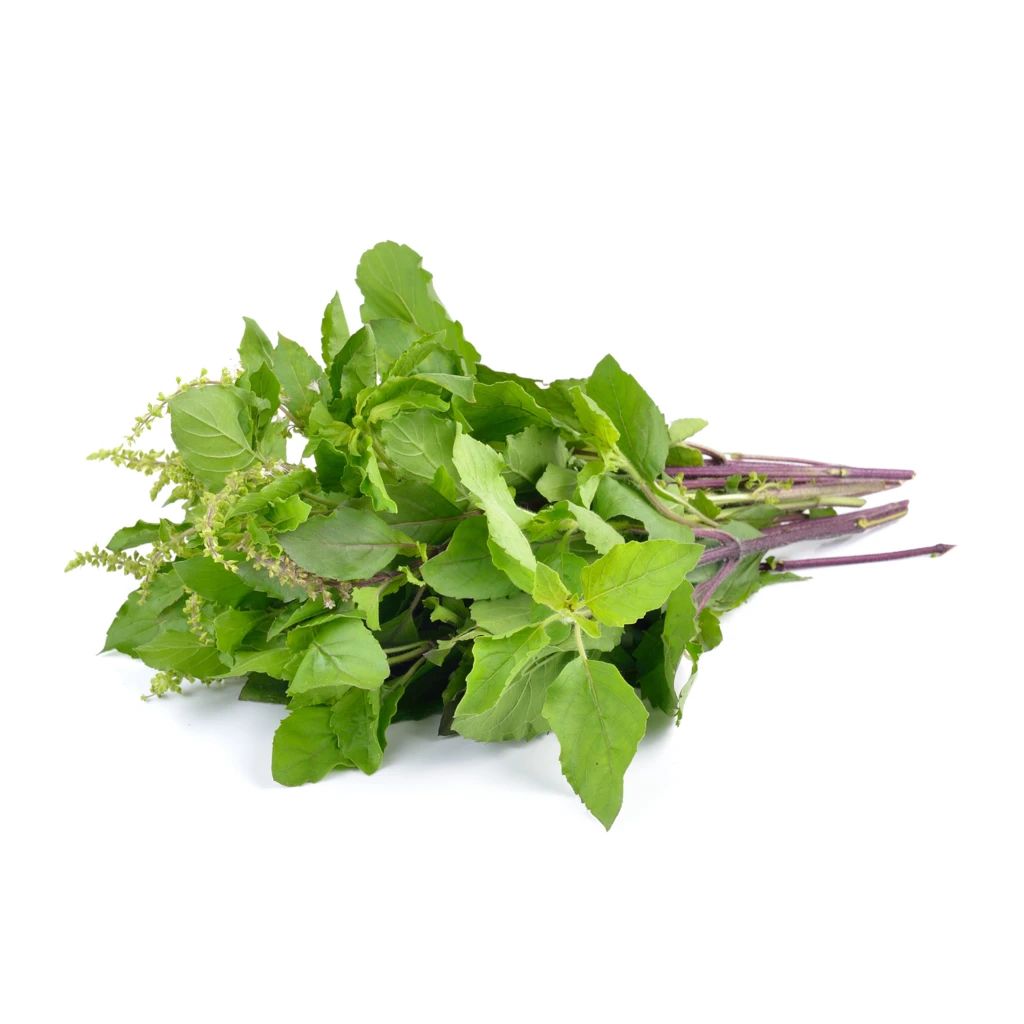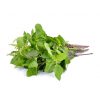Basil Holy Green
£4.00
Ocimum tenuiflorum (also Ocimum sanctum), commonly known as holy basil, or Tulsi, is an aromatic perennial plant native to the Indian subcontinent that is cultivated widely throughout Southeast Asia for religious and traditional medicine purposes, such as in herbal teas in Ayurveda. The leaves also are used in the worship of Vishnu, while the plant is viewed as protective for the home. With such grandiose uses, it may seem outrageous to use it in cooking. Nonetheless Tulsi is well-known in Southeast Asia cuisine, and during the hot summer months, you should be able to find big bunches of it at farmers’ markets with ethnic stalls.
| Common name | Basil |
|---|---|
| Latin name | Ocimum tenuiflorum |
| Variety | Holy Green/Tulsi |
| Quantity | 125 seeds |
| Plant size | Height: 60 cm Width: 60 cm |
| Container size | Height: 20 cm Width: 20 cm |
| Companion plant(s) | Coriander, mint, oregano, thyme, tomatoes, peppers, aubergines. |
| Planting indoors | Feb to Mar |
|---|---|
| Planting outdoors | Apr to Jun |
| Germination | 7 to 14 days |
| Harvesting | 40 days |
| Planting | 2 cm to 3 cm apart at 0.5 cm depth |
| Thinning | 5 cm to 10 cm between plants |
| Light | Full sun |
| Soil | Well-drained, light and moist soil |
| Watering | Regular watering, not overdone |
| Feeding | Light feeding |
| Caring | As Tulsi plants are highly frost-sensitive, it can be grown as an annual in temperate climates as long as you wait until the last frost has passed in the spring before planting. |
| Beneficial wildlife | Attracts bees and butterflies and many insects species. |
| Pests | Caterpillars and aphids attack it |
| Harvesting | When it comes to harvesting, less is best. Harvest the plant’s leaves regularly, in small amounts, to encourage continuous growth. Pinch the leaves gently, as they can bruise easily, which can damage the scent or flavour. |
|---|---|
| Eating | Medicinal properties: Teas bring clarity and beat stress. The act of drinking itself can be as calming as yoga. How to eat: Holy basil commonly is used in Thai cuisine to make pad gkaprow, a signature stir-fried recipe with garlic, fresh chillies and fish sauce. Holy basil’s peppery spiciness has earned it the nickname ‘hot basil’. |
Out of stock



